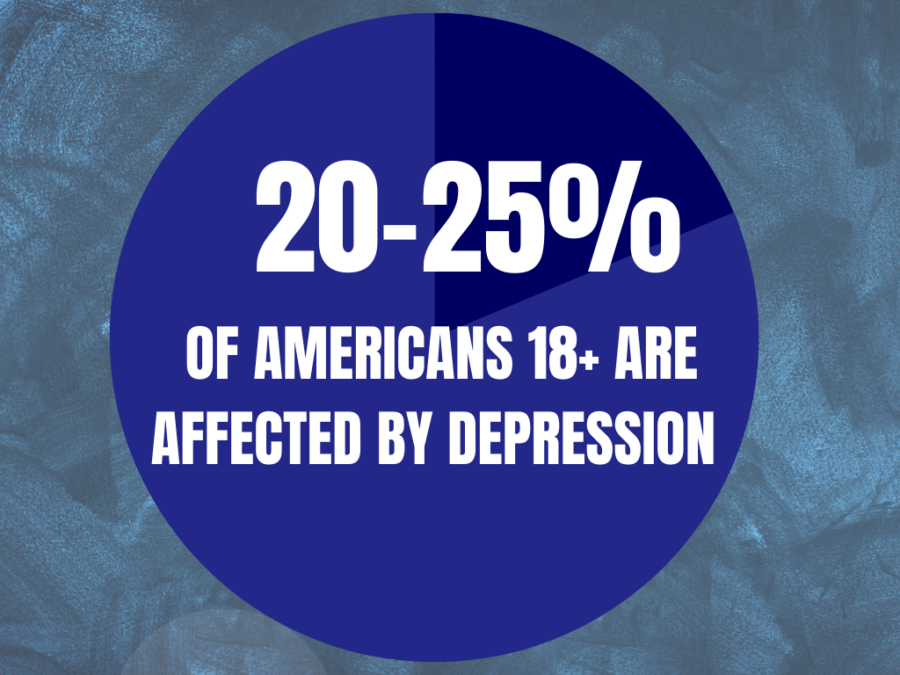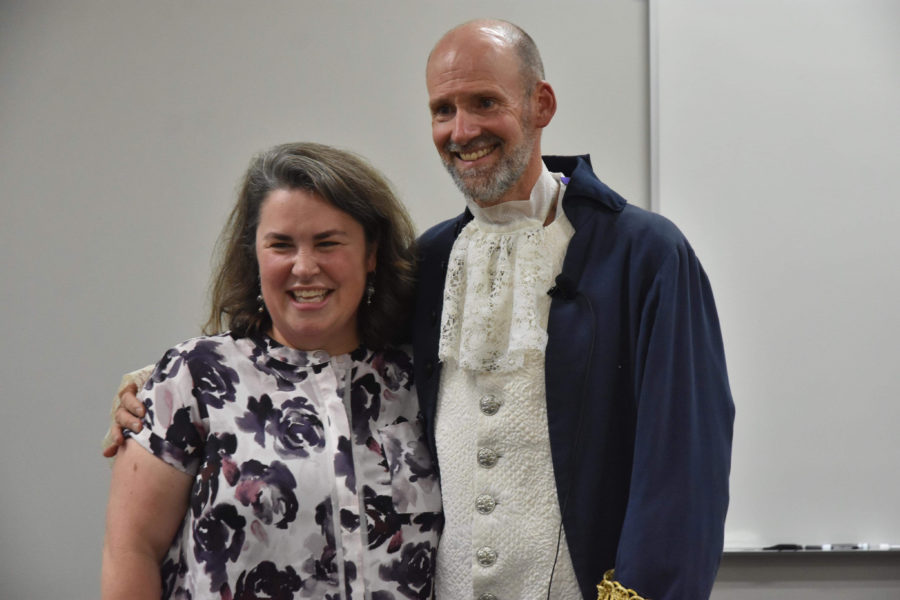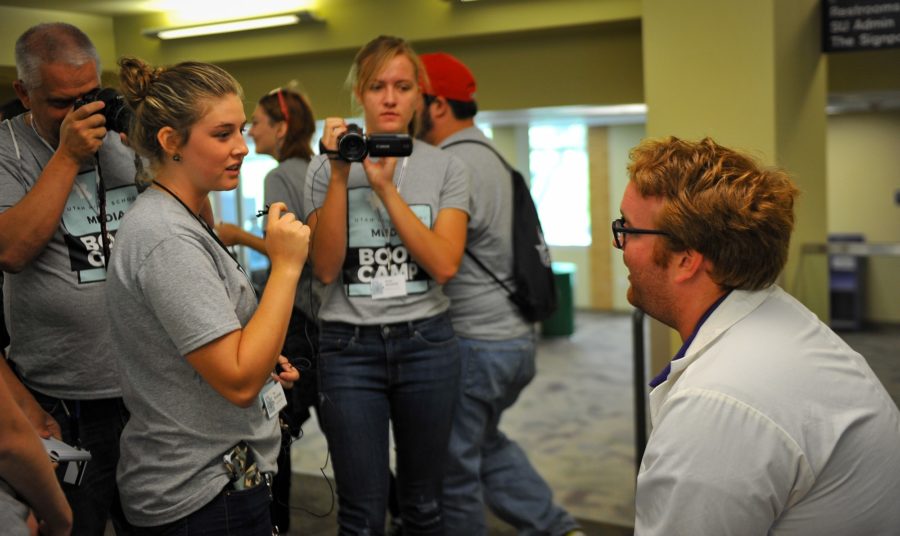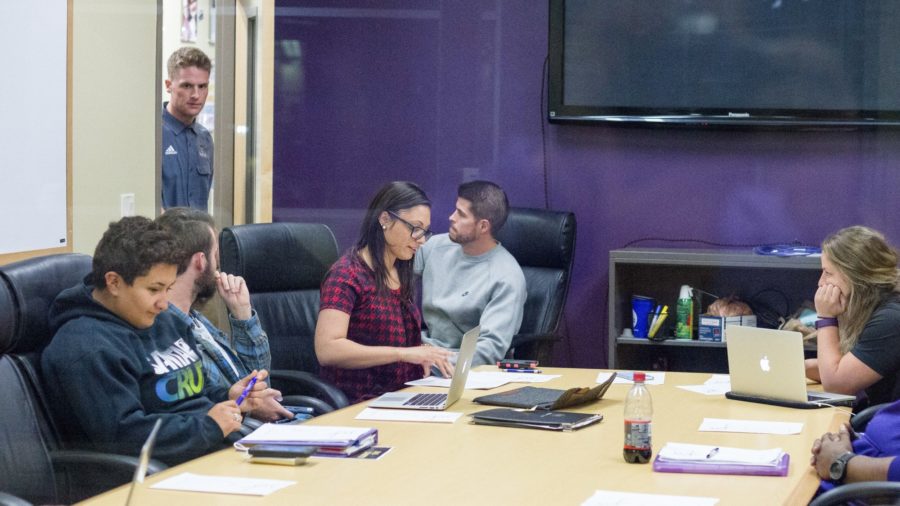Assessment and evaluation in the classroom are complicated concepts. Students are bogged down by term papers. Teachers and professors feel pressured to justify each assignment given by using quantifiable terms, like grades, scores and percentages. Administrators feel even more pressure to present these measurable, numerical goals to the sources of their funding.
On the university level, these questions of proper educational assessment (the process of figuring out how well students are learning, what is working, what is not working, etc.) become even more complicated. How do you really quantify how well a dance teacher is teaching ballet? How do you tell if one Math 1050 teacher is really more effective than the other? Is it by how many students pass a class, or by how difficult the class is, or by how many students go on to use that knowledge, or is it something else altogether?
It’s difficult in a world of grade-grubbing, padded resumes and word counts to remember the purpose of attending an institution of higher learning. The purpose of attending college is not to simply get the degree, nor is it even to get the job. These are both means to an end.
A college degree should signify four or more years given to understanding the world around us. It is a privilege to sit in rooms with other like-minded people and discuss complex concepts like education policy, environmental reform, Newton’s invention of calculus or the reign of King George. It is merely incidental that there needs to be some form of evaluation in the process.
Most students are familiar with the concept of pleasing professors. Too often, classes change easily from, for instance, learning about the intricacies of pride and family in Homer’s Odyssey, to learning about which specific intricacies the teacher will be including on the test.
This is a process occasionally exacerbated by outdated teaching methods. Professors who don’t accept new technologies or new information, or who don’t provide regular feedback throughout the course of the class should have the effectiveness of their teaching questioned.
When papers are assigned, there should be a space before the end of the semester for students to revise what they’ve already handed in based upon feedback from the professor. Students would then have the chance to soak up what information they might have missed, and then demonstrate that they’ve truly learned.
Professors who stand firmly behind the principle of never accepting late or make-up work, based primarily on the idea that you can’t do make-up work in real life, deserve the fights they get from students over grades. Without saying that they’re incorrect for standing behind this principle, they are obviously contributing to the culture of grades being the only indication of learning. Revision and reflection are instrumental components of the educational process, and good teachers know this and allow for it.
Allowing for revision, of course, means more work for both student and teacher, but if the ultimate goals are to teach and to learn and not just to pass and to graduate, then a culture of recursive learning should be generally accepted.




















